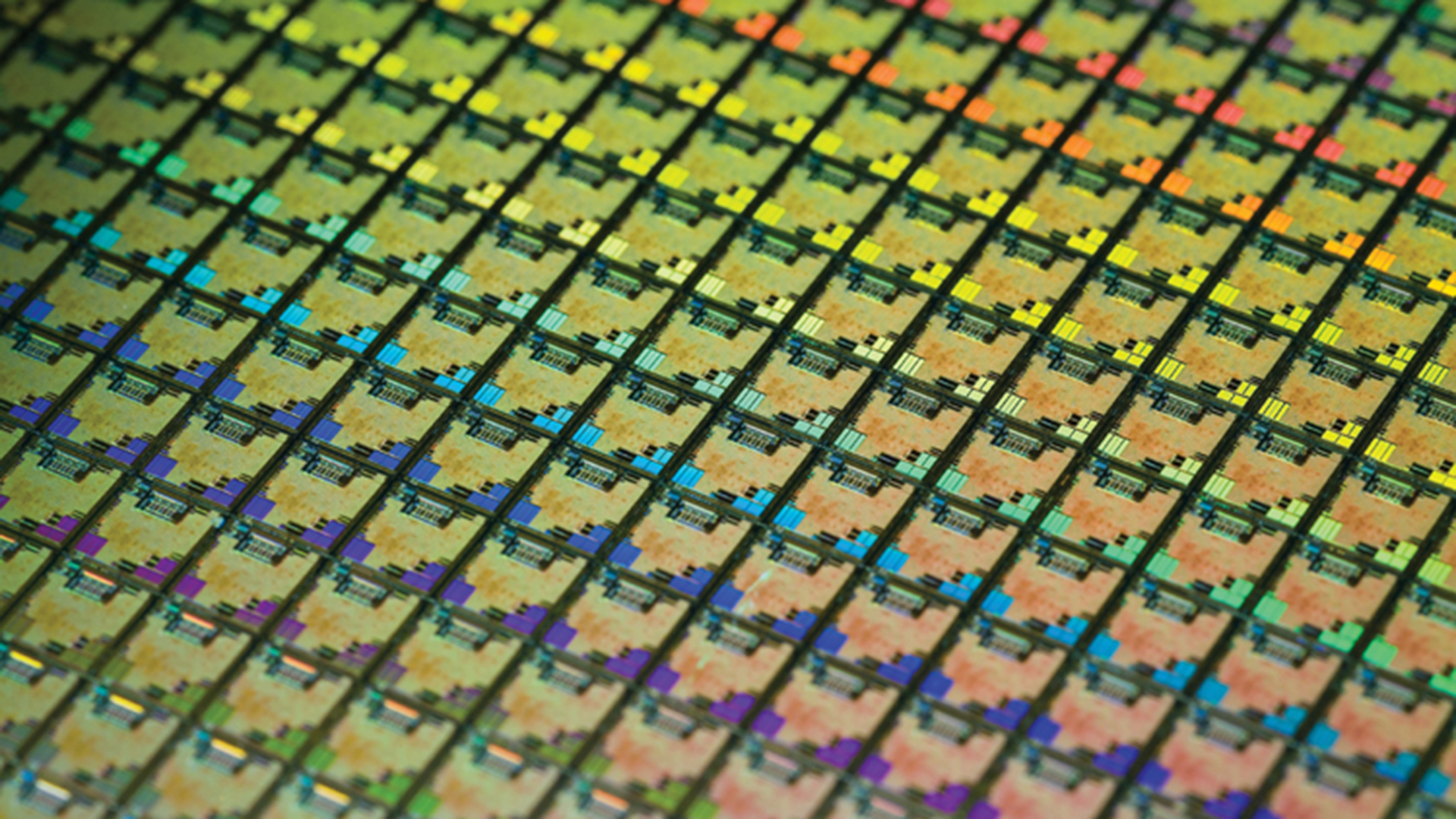Intel and TSMC say chip shortage could last until 2022 or beyond
'It just takes a couple of years to build capacity.'

Intel and TSMC are two of the largest chipmakers in the world, and that's why when both agree that today's chip shortage may continue until 2022, if not beyond, it's something we must take very, very seriously.
Neither TSMC or Intel's top brass, Pat Gelsinger, see a swift end to the ongoing shortages plaguing big tech companies, car manufacturers, and, of course, gamers today.
TSMC's CEO, C. C. Wei, told investors during its most recent earnings call that the company has not ruled out chip shortages extending into 2022 (via Reuters).
In response to a question from JP Morgan analyst Gokul Hariharan regarding process node undersupply running into next year, Wei replied "Well, Gokul, let me answer the question carefully because of—we cannot rule out the possibility of an inventory correction or overbooking, something like that."
"But actually," Wei continues, "we expect the structural demand to continue and we will work with our customer closely actually to develop some technology solution to meet customers' requirement and create differentiation and long-lasting value to our customer. As a result, actually we see the demand continue to be high. And the shortage will continue throughout this year and may be extended into 2022 also."
TSMC is responsible for manufacturing the better part of AMD's Radeon GPUs and Ryzen CPUs.
Furthermore, Intel's new CEO, Pat Gelsinger, has outlined similar concerns over chip shortages continuing into 2022 and beyond in an interview with the Washington Post.
Keep up to date with the most important stories and the best deals, as picked by the PC Gamer team.
“We do believe we have the ability to help,” Gelsinger explains. “I think this is a couple of years until you are totally able to address it. It just takes a couple of years to build capacity.”
Clearly, then, Intel believes the answer to the ongoing shortage is in more fabs and more capacity. Makes sense.
While shutdowns and slowdowns caused by the coronavirus certainly hindered global supply, it would appear that massive demand for chips far outweighing production is the root concern right now. This has an effect on everything from car manufacturers to why you can't find a GeForce RTX 3080 on the shelves.

Best gaming mouse: the top rodents for gaming
Best gaming keyboard: your PC's best friend...
Best gaming headset: don't ignore in-game audio
Both TSMC and Intel are spending huge sums of money on new manufacturing facilities over the next few years. TSMC hopes to stay on top of demand with a further $100bn in spending. While Intel is developing a foundry business (Intel has so far kept its manufacturing capability in-house), beginning with a $20bn investment to build two new fabs at its facilities in Arizona.
So where does this all leave gamers? Not in a position of strength, in all honesty. Gaming products are major money makers for the likes of Intel, AMD, and Nvidia, so you shouldn't worry about these companies being pushed out for some major car manufacturer. That said, it sounds like demand will have more companies vying for capacity at major chipmakers, namely TSMC and Samsung, and that could see prices increasing down the line.
Here's hoping that doesn't happen. With more certainty we can expect further low supply of key gaming PC components for the better part of 2021, from Intel, AMD, and even Nvidia—Nvidia's CFO commented on graphics card availability last week, and it is not expecting a swift fix for the foreseeable future either.

Jacob earned his first byline writing for his own tech blog. From there, he graduated to professionally breaking things as hardware writer at PCGamesN, and would go on to run the team as hardware editor. He joined PC Gamer's top staff as senior hardware editor before becoming managing editor of the hardware team, and you'll now find him reporting on the latest developments in the technology and gaming industries and testing the newest PC components.

